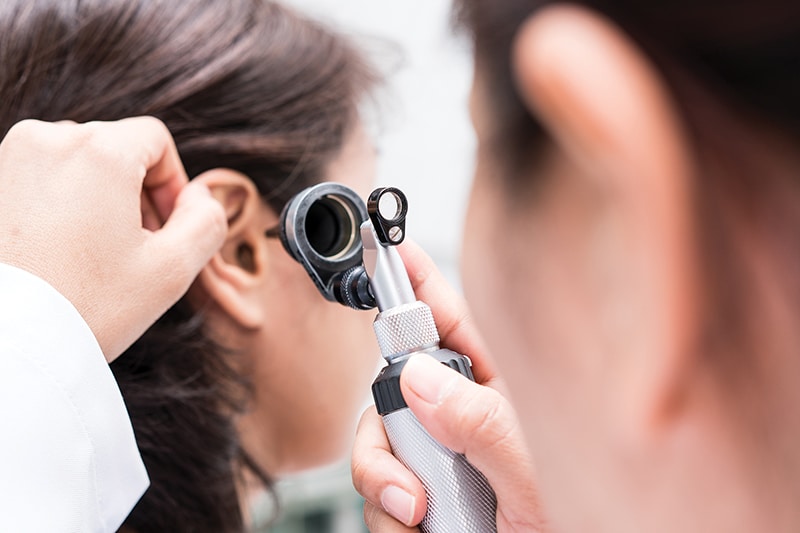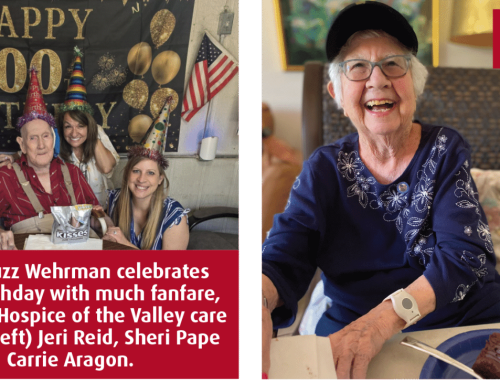By Sherri Collins
Most of us know someone who has hearing loss. Some of you may be experiencing hearing loss yourself. Oftentimes people dismiss signs of hearing loss as “no big deal.” In reality, hearing loss is a very big deal. Hearing loss can impact all the areas of your life, including relationships, health, and safety. It can also be linked to depression and memory loss, an early indicator of dementia.
While the likelihood of developing dementia exists, there are ways to prevent hearing loss:
• Protect your ears. Keep music or TV volumes low, especially when you are wearing headphones. If you have headphones on and someone else can hear your music, the volume is too high.
• Don’t ignore your hearing loss. If you are experiencing any symptoms of hearing loss, see a hearing healthcare professional right away to start combating the symptoms.
• Tackle the hearing loss head on. Don’t assume hearing loss will go away on its own. It won’t. The sooner you get assistance with your hearing loss, the more likely you are to possibly prevent early dementia.
• Utilize technology. If you have a hearing aid, wear it as much as possible. You can also consider other hearing interventions including cochlear implants, assistive listening devices, amplified telephones, or captioning.
Access to Resources
As you begin to age, access to valuable resources is critically important. However, an Arizona Commission for the Deaf and the Hard of Hearing (ACDHH) survey found that older adults report that they are concerned with where to find these resources. Survey respondents indicated that they need information on general health and wellness as well as information on memory loss and dementia, pharmacy benefits, and access to mental health services. Other important resources mentioned included assistance with maintaining their independence, access to caregivers fluent in American Sign Language (ASL), and access to attorneys and estate planners.
As such, ACDHH is launching its Age of Access initiative designed to be a one-stop destination for resources, information, and programming for Arizona’s older adults who are deaf or experiencing hearing loss. An online survey is in the field right now to gain additional information regarding the needs of the community and how best to provide access to these resources. Take it here: https://bit.ly/acdhhsenior.
Respondents that participated in preliminary research conducted by Gallaudet University indicated that there is a lack of access to home health care aides (caregivers) that can sign or have awareness about deaf people’s needs. Therefore, in the fall of 2023, ACDHH, in partnership with the university, will conduct focus groups on this as well.
Sherri Collins is the executive director for the Arizona Commission for the Deaf and the Hard of Hearing. For more information, visit acdhh.org.





